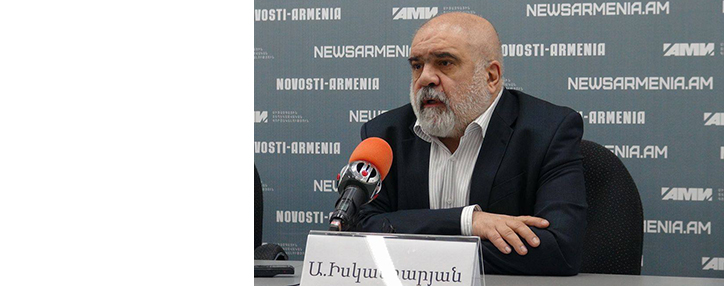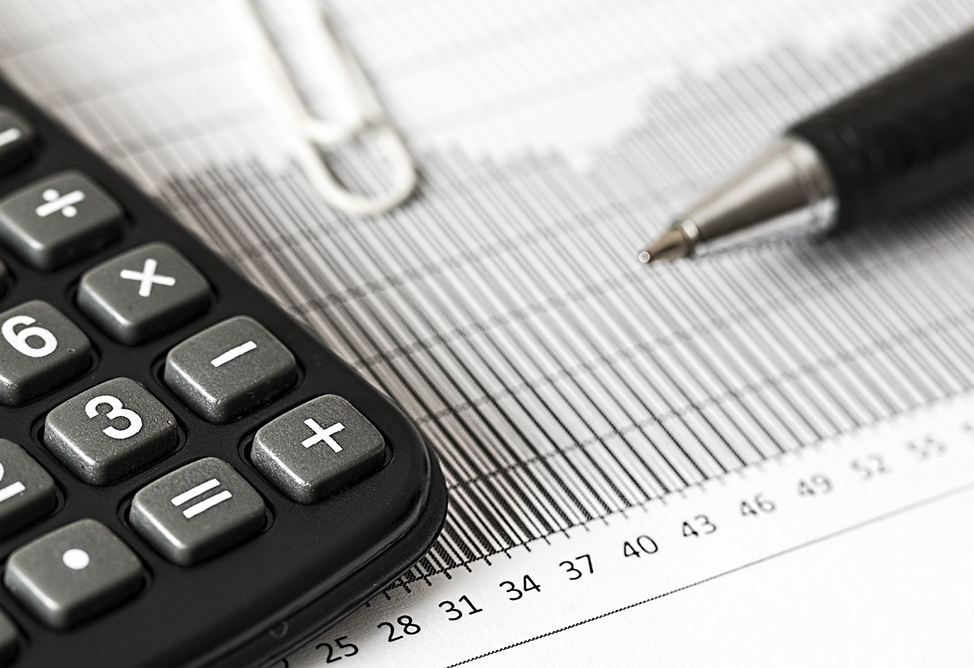Iskandaryan: Likelihood that Armenia and European Union will sign Comprehensive and Enhanced Partnership Agreement is great
07.11.2017,
15:24
The likelihood that Armenia and the European Union will sign the Comprehensive and Enhanced Partnership Agreement at an EU- sponsored Eastern Partnership summit in Brussels on 24 November is great, the director of the Yerevan-based Caucasus Institute Alexander Iskandaryan told journalists on Wednesday.

YEREVAN, November 7. /ARKA/. The likelihood that Armenia and the European Union will sign the Comprehensive and Enhanced Partnership Agreement at an EU- sponsored Eastern Partnership summit in Brussels on 24 November is great, the director of the Yerevan-based Caucasus Institute Alexander Iskandaryan told journalists on Wednesday.
The agreement was initialed on March 21, 2017, by Armenia and the European Union. Before the signing the agreement must be approved by all 28 EU member countries. The agreement will enter into force after all 28 EU member states and Armenia ratify it.
"Although never say never in politics. The agreement’s signing may be postponed for various reasons, but it is extremely difficult for me to imagine that it will not be signed at all, "Iskandaryan said.
In comments on anticipated discussions on visa-free travel between Armenia and the EU after the signing of the agreement, he said he did not think that these issues are directly related, but signing is important for launching negotiations. However, according to him, visa-free negotiations can protract at least for 3-4 years.
"There are not only technical but also political components there, and Armenia must pass certain laws in connection with liberalization of the visa regime. It is wrong to think that this will happen tomorrow,’ Iskandaryan said.
Armenia and the EU were supposed to sign the Association Agreement and the Deep and Comprehensive Free Trade Agreement (DCFTA) at a 2013 November Eastern Partnership summit in Vilnius but on September 3 Armenian president Serzh Sargsyan announced that the country was going to become part of the Russian-led Customs Union.
On December 7, 2015 Armenia and the EU launched talks on a new framework agreement after EU Foreign Affairs Council authorized earlier the European Commission and the High Representative to open negotiations on a new legal basis for relations with Armenia on October 13. -0-
The agreement was initialed on March 21, 2017, by Armenia and the European Union. Before the signing the agreement must be approved by all 28 EU member countries. The agreement will enter into force after all 28 EU member states and Armenia ratify it.
"Although never say never in politics. The agreement’s signing may be postponed for various reasons, but it is extremely difficult for me to imagine that it will not be signed at all, "Iskandaryan said.
In comments on anticipated discussions on visa-free travel between Armenia and the EU after the signing of the agreement, he said he did not think that these issues are directly related, but signing is important for launching negotiations. However, according to him, visa-free negotiations can protract at least for 3-4 years.
"There are not only technical but also political components there, and Armenia must pass certain laws in connection with liberalization of the visa regime. It is wrong to think that this will happen tomorrow,’ Iskandaryan said.
Armenia and the EU were supposed to sign the Association Agreement and the Deep and Comprehensive Free Trade Agreement (DCFTA) at a 2013 November Eastern Partnership summit in Vilnius but on September 3 Armenian president Serzh Sargsyan announced that the country was going to become part of the Russian-led Customs Union.
On December 7, 2015 Armenia and the EU launched talks on a new framework agreement after EU Foreign Affairs Council authorized earlier the European Commission and the High Representative to open negotiations on a new legal basis for relations with Armenia on October 13. -0-



